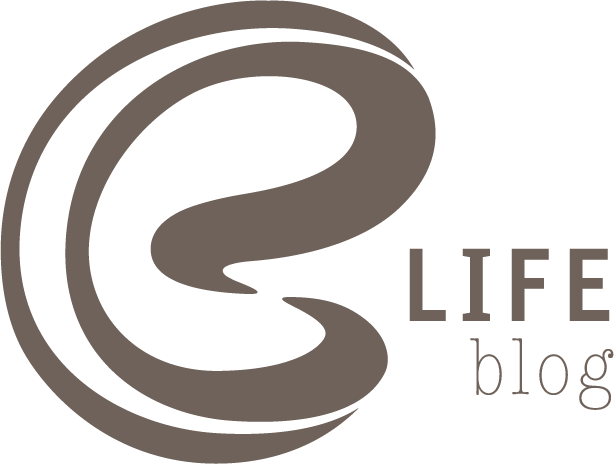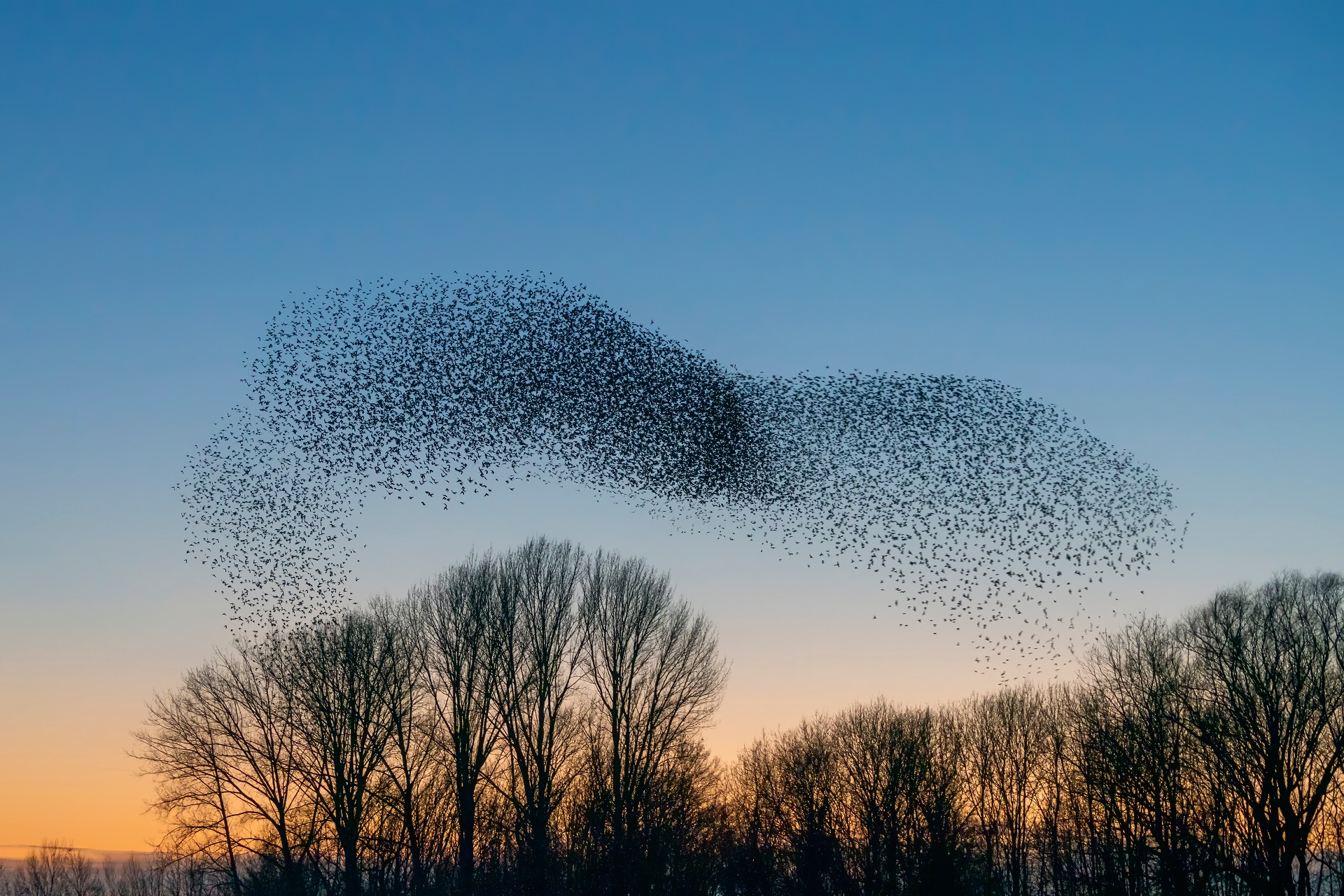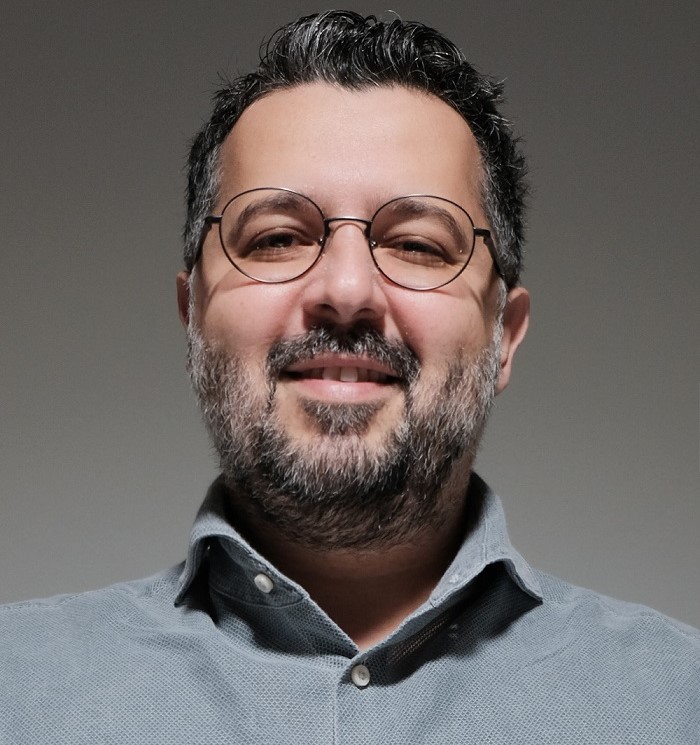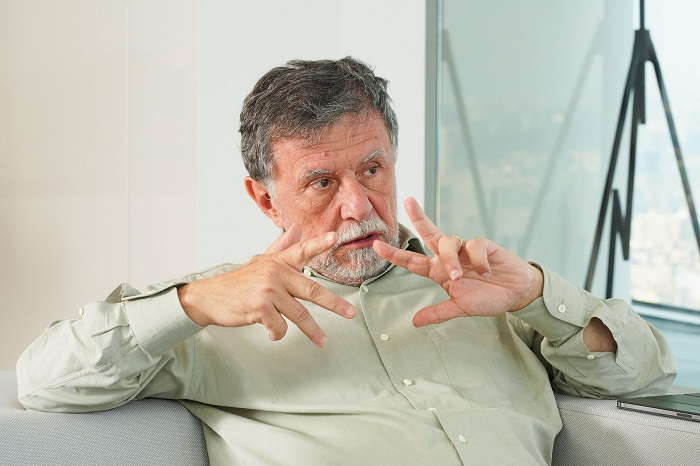After the February 6 earthquakes, we were reminded of the importance of inter-institutional cooperation and observed how technology can be highly instrumental in widening the reach of solidarity networks.
Turkish Informatics Foundation (TBV) is a non-governmental organization that has been developing technology-supported solutions since 1995. Needs Map is a social cooperative that has been uniting people-in-need with individuals, educational institutions or non-governmental organizations since 2015. Faruk Eczacıbaşı, Chairman of TBV and Vice Chairman of Eczacıbaşı Holding, came together with Dr. Ali Ercan Özgür, Co-Founder of Needs Map, to discuss the power of cooperation and how technology can be used even more effectively in this context.
Faruk Eczacıbaşı: Even though we were all traumatized during the ’99 earthquake, unfortunately, we soon forgot about the possible consequences of such a disaster and ended up having an even harsher experience with the February 6 earthquake. Back in 1999, we didn’t have communication channels such as social media. Now we have access to all kinds of data. It is possible to be adequately prepared and resilient in the face of future disasters and to improve the management of disaster processes by relying on science and using the lessons and data learned from the past. Everyone will have different areas of responsibility and influence in creating the most appropriate model for Türkiye.
Due to the magnitude and impact of the earthquakes we experienced, we once again became aware of the need for cooperation beyond the power of individual institutions or individuals and the importance of networks. We are in an age where the hierarchical structures of the industrial era have lost their power, and instead we are talking about structures that are more egalitarian, have comparable rights and relationships, and can rely on the strength of their connections. After the disaster we experienced, thanks to network-based structures, many people and institutions that would not have been so effective on their own were included in the system. The wider, more diverse and denser one's information and relationship network is, the wider one's sphere of influence becomes.
Faruk Eczacıbaşı: Needs Map is a particularly good example of a network-based structure. Ali, could you briefly explain how Needs Map was born and how it uses its network structure?
Dr. Ali Ercan Özgür: Needs Map is the brainchild of Mert Fırat and me. Mert had an idea to create a list of needs categorizing social assistance, and I was working on a similar concept that could be designed on a map. That list of needs and the map came together, and Needs Map was born. We set up many things, including the technical parts of the project such as the software, in a relatively short time and launched it officially in 2015.
We can get organized more rapidly through the "network", or in your words, the social capital of the “network-based structure”. Moreover, we have seen that companies, NGOs, social enterprises, international organizations and public institutions have on their agenda short- and long-term collaborations for disaster and climate issues, and this is exactly what the Needs Map is all about. We aimed to bring together those in need and supporters on a horizontal axis, rather than characterizing them as aid givers and recipients. Over time, through effective use of technology, we transitioned from physical to online cooperation.
Faruk Eczacıbaşı: How technology can play a role in expanding the sphere of social good and building more resilient and flexible mechanisms against disasters is both easy and difficult. On the easy side, when we say "technology", we are talking about a very wide area. Any problem can be solved with the support of technology. But if we want to see what can be done beyond this, I think it then becomes necessary to study examples from around the world. Hereafter, information and communication technologies can be called upon in numerous areas, including housing, education, psychological support, and the on-site contribution of experts.
It is necessary to approach future innovative projects as social enterprises and define their outputs and expectations accordingly. I believe that it is possible to develop even some world-class examples in this regard.
The sharing of data is important for designing effective systems. One of our primary tasks in this context is to prepare the legal infrastructure for data sharing to take place under an autonomous structure and to create useful applications. As the Turkish Informatics Foundation, we have made this our mission, but the continuity of this mission is also important. We are in an era where we can put data into practice to contribute to the solution of many problems, from disasters to income inequality and the climate crisis.
Dr. Ali Ercan Özgür: Data collection also requires organization. In addition, making this data public is another issue that needs to be carefully addressed. We share the data with the United Nations as well as other organizations that request it, in a comprehensive report. We share a lot of data on afetharitasi.org, but there is room for improvement also on that front.
As for the issue of transparency, one must not forget the responsibility of the public sector. Maybe in the years to come, the Turkish Informatics Foundation will pioneer the work on open data and create a program for managing this type of data. These are essentially products of the solidarity process, data created by society. Systematizing this through open data portals can yield good results. Different applications can emerge thanks to this data. As the data continues to be generated by new earthquakes, further analyses and studies can be conducted on them.
Faruk Eczacıbaşı: Ali, as the Needs Map, what were your takeaways from this disaster?
“We need to discuss how to systematize in a transparent and effective way.”
Dr. Ali Ercan Özgür: There is no doubt that we have learned some vital lessons about what to do before, during and after the earthquake. We have seen the value of transparent communication in disaster and crisis situations, the rapid involvement of actors that can generate value in their own areas of expertise and influence, such as Highways opening the roads, the call to over 120,000 construction companies in Turkey for machinery and equipment, and the directive to companies with huge warehouses selling millions of products on online platforms to "manage the warehouses". We experienced that in order to be prepared for disasters, it is necessary to conduct disaster drills before the earthquake, which is a topic we now discuss continuously, to audit the contractors to whom people entrust their lives, to ensure that necessary measures are taken so that the construction of houses is not such an easy, cheap and unscientific process, that zoning amnesty is not granted, that the right to shelter is not so commercialized, and that disaster trainings and initiatives for volunteers become widespread in society.
We also gained a better understanding of what we could do in the aftermath of the disaster: Sharing people's pain, embracing those grieving the loss of their families, making sure to engrave the experience in our minds and hearts, creating living spaces in harmony with nature, paving the way for conscious and active citizen participation, demanding information-based accountability, volunteering individually in at least one NGO, taking responsibility with a sense of "we" rather than "me"... I can list all that as our achievements.
This earthquake also taught us how to work across a wide geography. We have created a transparent and locally based procurement process. There is a willingness of NGOs, the private sector and individuals to volunteer and organize in this process, and a very positive channel has been established in this respect. We need to protect this new energy. However, at this point, we need to discuss how to systematize volunteerism and people's sense of support in a transparent and effective way.
“We need to find the right people and learn from successful examples from around the world.
Faruk Eczacıbaşı: Volunteering is a short-term endeavor, so it is difficult to formulate it into a long-term plan. People go back to their own lives after a while. We need to institutionalize volunteering and turn it into a sustainable model. For this, we need to find the right people and learn from successful examples from around the world.
In addition to that, it is essential to get the right financing opportunities, because there is tremendous mobilization at the moment, a great deal of resources are being channeled. It is important to work professionally and create benefit while also looking out for one's own interests. In this way, professional circles also get involved. The long-term measurement and evaluation also becomes important in this process. I think it is necessary to put into realistic matrices which goals can make the earthquake zone habitable and create added value.
Dr. Ali Ercan Özgür: Ninety days after the earthquake, the development aspect of the work comes into play. In this regard, we are establishing a "Regeneer Recovery Center" in cooperation with Gaziantep Chamber of Commerce, Adana Chamber of Commerce and Hatay Chamber of Commerce. The United Nations Development Program (UNDP), which recognizes us as a co-leader, will also be involved at a later stage. People are currently living in tent cities, but they need to be employed. So, the work you are doing for the employment of young people ensures the continuity of the process.
“Young people need to be trained also for the disaster management process.”
Faruk Eczacıbaşı: I am proud of the breakthroughs achieved by young people who have shown admirable proactivity through this process. It is so great that they stand in solidarity despite all challenges. It is very important to work together to provide young people with a well-rounded education and to include them in networks as essential contributors. At the Starting Point Academy, we are offering young earthquake survivors free courses on topics such as competencies in the age ofdisruption, software, new media, entrepreneurship, and mentorship from industry leaders and academics, as well as psychological empowerment and peer learning support.
Dr. Ali Ercan Özgür: Young people need to be trained also for the disaster management process. For example, using a forklift is an important skill, we saw this in this earthquake. There is a need for each organization to establish its own search and rescue teams. However, individual volunteers like us also need to develop basic life-saving skills. Basic trainings are available to acquire this knowledge. Maybe we should all take this training and then choose an area of specialization and be able to say, for example, that we will handle electrical work in the event of a disaster. We all bear responsibility here.
We need to transform this young population into kinetic energy, and we need to do this through a youthful perspective. We need to create mechanisms that question systems, create new tools and listen to their inner voice. Today we have a larger population and need to reach more people. With this expanding population, problems such as migration and border security, resource depletion and biodiversity decline have also increased. It is not possible to tackle these alone.
This is a time in which producing technologies for development has become a necessity. We should set a goal to increase the number of social technology initiatives and bring them together with mechanisms to support them. An example I can see is Holochain, a Blockchain project. Another one is Platform Cooperativism, which fights against the monopolization of data. If such initiatives succeed and make big money and give it back to the people, we can talk about a social economy.
Faruk Eczacıbaşı: We need to think about how to develop technology-based, flexible and resilient systems that are guided by science. In an age of disruptions, we can build structures and models that are flexible, networked and aware that their sphere can expand exponentially through the use of technology. In the face of this, the existing system will seek to protect itself and there will be attacks from the dark side, and we must be well aware of this. Institutions and individuals will have different areas of responsibility and influence in terms of creating the most suitable model for Türkiye. I am especially proud of young people’s advances in this process and their ability to take swift action. It is very important to find ways to integrate young people into networks.



